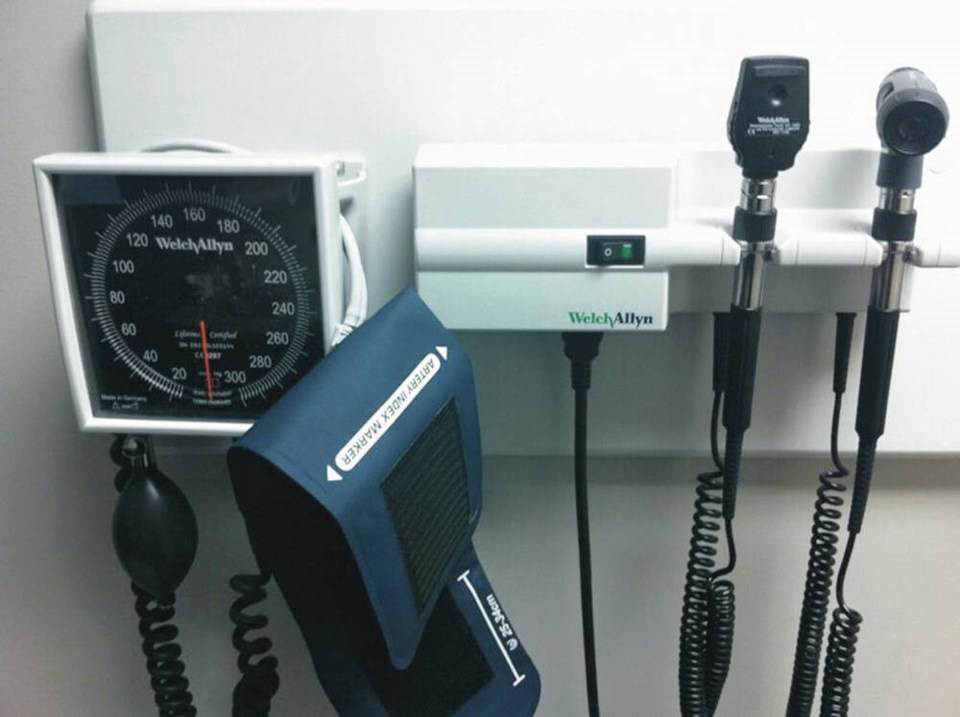We all learned a long time ago, or should have, that nothing in life is free.
Unfortunately, since the advent of federally funded medicare in Canada in 1968, Canadians have largely come to view medical care as their “right” and react strongly to the thought of paying directly for such care, and not surprisingly have often come to undervalue the service. But of course there are significant costs, constantly increasing as population increases and ages, and available treatments become more complex and expensive.
To varying degrees of success, governments have on many occasions sought to blame the providers of medical care as being responsible for these increased costs. The relationships between governments and medical professional associations have become confrontational over the years, and there has been an erosion of trust.
There have been numerous examples in B.C. of agreements reached by the British Columbia Medical Association (forerunner of today’s Doctors of B.C.) through negotiation that were then legislated away, either by the then current government or a subsequently elected one. One example was the favourable award to B.C. physicians by retired Chief Justice McEachern in 2002, the result of a binding arbitration process. The provincial government introduced legislation to “extinguish” the award and remove binding arbitration with the BCMA. Who would have thought that politicians would break their promises?
Having practised medicine in British Columbia for almost 40 years, initially as a family doctor, then after more training as a specialist anesthesiologist, I have some insight into the issues that have become increasingly obvious to British Columbians, especially the estimated 700,000 residents who are without a family doctor.
The recent front-page story in the Times Colonist concerning the resignation from family medicine of two young doctors in a local clinic is alarming, and highlights what is probably the single greatest cause of the shortage of family physicians in B.C. — lack of adequate funding and support. When I last practised in B.C. as a family physician in 1983, the fee for an office visit was $15.
At that time, I moved to Edmonton for specialist training, but worked part-time in a walk-in clinic. The fee for an office visit was $25! Now, 39 years later, the fee in B.C. is only $31.62. And that is the fee before overhead expenses are paid, often totalling 35-40% of the gross fee.
And this is after the physician has spent at least 10 years (four years science undergraduate, four years medical school, two years residency) becoming a licensed family physician. Even more time is spent becoming a specialist — one of my medical school classmates spent 10 years AFTER medical school becoming a cardiac transplant surgeon. For a comparison, a friend recently had a kitchen sink faucet replaced (a booked, daytime visit, not an emergency middle-of-the-night one). The plumber spent one hour on site and the bill for his labour was $618.03.
Something seldom discussed is the erosion in the medical fees paid by MSP (the B.C. provincial payment authority). In the original agreements with governments in the 1960s, should an agreement on fees not be reached, the physicians would be entitled to “balance bill” the difference between the association’s fees and those offered by the provincial government (MSP in B.C.).
When this first occurred in B.C. in 1980, the BCMA introduced an information campaign for physicians for balance billing, and the provincial government promptly legislated away the right to balance bill. Since then, there has been a steady decline in the value of what MSP would pay relative to the BCMA fee guide.
When I retired in 2015, the anesthesia fee items paid by MSP on average were about 28% of the medical association’s fee guide. Other specialties and family practice were largely the same. Is it any wonder so many practitioners have become disenchanted with the situation?
A recent article in the New York Times described the one resource that seems infinite — the professionalism of caregivers. This applies to physicians, but especially also nurses and all other allied health-care providers. The author, a physician in New York, has come to the realization that this work ethic and devotion to patients has been cynically manipulated by corporate medicine (insert health ministries and health authorities in Canada).
Clearly, the current pandemic has added tremendous strain to an already overloaded system, but even there the health care providers have not enjoyed universal support from society (are you listening, “anti-vaxxers”?). There is no doubt that B.C. health care providers have been undervalued, and underpaid, for a long time.
People need look no further than themselves and the governments they elect for the cause, and hopefully the eventual correction of this problem.



